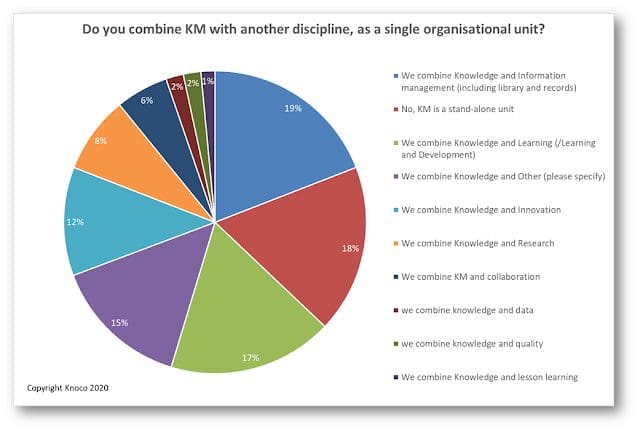Favorite You can now use Amazon Textract, a machine learning (ML) service that quickly and easily extracts text and data from forms and tables in scanned documents, for workloads that are subject to Service Organization Control (SOC) compliance and International Organization for Standardization (ISO) compliance. This launch builds upon the
Read More
 Shared by AWS Machine Learning June 2, 2020
Shared by AWS Machine Learning June 2, 2020
Favorite Amazon Alexa is available in 15 locales and eight languages. To understand and respond in different languages, Alexa needs to learn new grammar rules, and the content that powers Alexa needs to be translated to new languages. Additionally, Alexa needs to learn about country-specific topics, such as new soccer
Read More
 Shared by AWS Machine Learning June 2, 2020
Shared by AWS Machine Learning June 2, 2020
Favorite I was reflecting recently after a major lessons capture exercise from a multi-million Euro project of the benefits of this sort of reflective team learning. It struck me that there are actually 6 areas of benefit from this practice. Team reflection, by Loren Kernson Flickr Firstly, the team members learn
Read More
 Shared by Nick Milton June 2, 2020
Shared by Nick Milton June 2, 2020
Favorite It is increasingly common to combine KM with another discipline, for example Knowledge and Information Management (KIM) or Knowledge and Innovation. Recent survey data suggests that this may create differences in outcome of the KM program. In the recent 2020 survey of global KM, we asked a new question
Read More
 Shared by Nick Milton June 1, 2020
Shared by Nick Milton June 1, 2020
Favorite The world is becoming smaller as many businesses and organizations expand globally. As businesses expand their reach to wider audiences across different linguistic groups, their need for interoperability with multiple languages increases exponentially. Most of the industry work is manual, slow, and expensive human effort, with many industry verticals
Read More
 Shared by AWS Machine Learning May 30, 2020
Shared by AWS Machine Learning May 30, 2020
Favorite Preferred Networks (PFN) released the first major version of their open-source hyperparameter optimization (HPO) framework Optuna in January 2020, which has an eager API. This post introduces a method for HPO using Optuna and its reference architecture in Amazon SageMaker. Amazon SageMaker supports various frameworks and interfaces such as TensorFlow,
Read More
 Shared by AWS Machine Learning May 29, 2020
Shared by AWS Machine Learning May 29, 2020
Favorite In January, our CEO Sundar Pichai visited Brussels to talk about artificial intelligence and how Google could help people and businesses succeed in the digital age through partnership. Much has changed since then due to COVID-19, but one thing hasn’t—our commitment to the potential of partnership with Europe on
Read More
 Shared by Google AI Technology May 28, 2020
Shared by Google AI Technology May 28, 2020
Favorite At re:Invent 2019, AWS shared the fastest training times on the cloud for two popular machine learning (ML) models: BERT (natural language processing) and Mask-RCNN (object detection). To train BERT in 1 hour, we efficiently scaled out to 2,048 NVIDIA V100 GPUs by improving the underlying infrastructure, network, and ML framework. Today,
Read More
 Shared by AWS Machine Learning May 28, 2020
Shared by AWS Machine Learning May 28, 2020
Favorite If you want someone to buy something, they need to be convinced that it is worth the investment. If your product is a good one, then you can convince people by letting them try before they buy. That’s why Apple allows you to play with all its products in
Read More
 Shared by Nick Milton May 28, 2020
Shared by Nick Milton May 28, 2020
Favorite Managing the complete lifecycle of a deep learning project can be challenging, especially if you use multiple separate tools and services. For example, you may use different tools for data preprocessing, prototyping training and inference code, full-scale model training and tuning, model deployments, and workflow automation to orchestrate all
Read More
 Shared by AWS Machine Learning May 27, 2020
Shared by AWS Machine Learning May 27, 2020

![]() Shared by AWS Machine Learning June 2, 2020
Shared by AWS Machine Learning June 2, 2020







